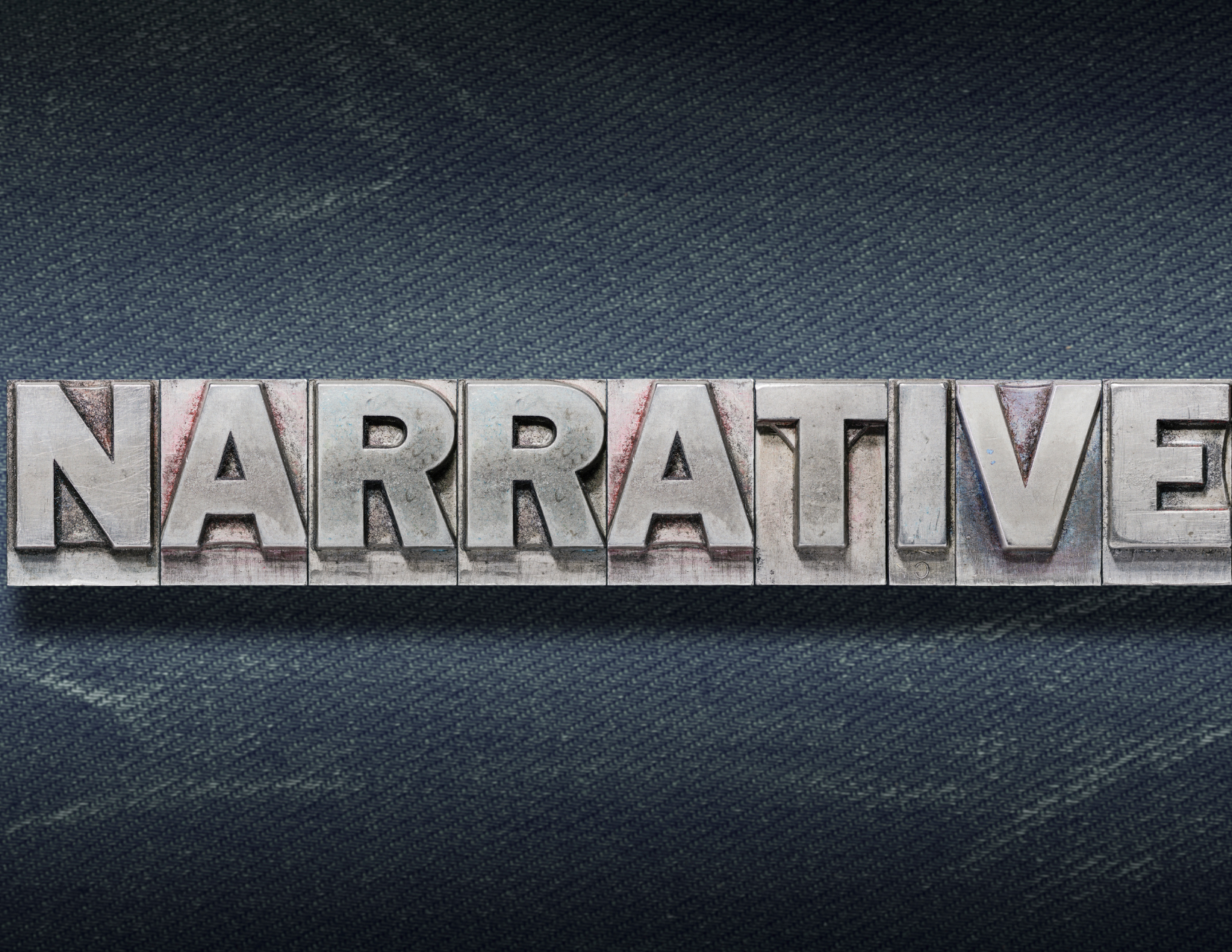Another Story to Tell: Outcomes of a Single Session Narrative Approach, Blended with Technology
Keywords:
career planning, career counselling, narrative career counselling, narrative career development, career management, outcome study, single sessoin, blended delivery, counselling technologyAbstract
The present outcome study of an initial session of career counselling using a narrative framework and method of practice builds on findings of an earlier outcome study that examined multiple sessions of the same narrative framework. Career development professionals frequently struggle to engage clients in an initial session and may lose opportunities to help clients more by continuing on to further sessions. The purpose of this study is to illustrate the effectiveness of a narrative framework blended with technology, within a single career session with a client. This study found statistically significant increases in all study variables including optimism, clarity, confidence, organized thinking, and internal and external search instrumentality from the beginning to the end of a single session. These results, coupled with monthly client return rates of up to 85%, suggest that career professionals seeking to engage clients in an initial session and have them return for future sessions – to tell another story – should consider utilizing some of the strategies and interventions included in this study’s narrative framework. Recommendations for career professionals seeking to increase client engagement in and after an initial session are provided, such as: elicit client stories, embrace evidence-based approaches, and utilize tools to help clients organize their thinking.
References
Abkhezr, P., McMahon, M., Glasheen, K., & Campbell, M. (2018). Finding voice through narrative storytelling: An exploration of the career development of young African females with refugee backgrounds. Journal of Vocational Behavior, 105, 17-30. https://doi.org/10.1016/j.jvb.2017.09.007
Brott, P. E. (2001). The storied approach: A postmodern perspective for career counseling. The Career Development Quarterly, 49(4), 304-313.
Busacca, L. A., & Rehfuss, M. C. (Eds.). (2016). Postmodern career counseling: A handbook of culture, context, and cases. Hoboken, NJ: John Wiley & Sons.
Franklin, M. (2014). CareerCycles: A holistic and narrative method of practice. In B.C. Shepard, P.S. Mani (Eds.), Career development practice in Canada: Perspectives, principles, and professionalism (pp. 441-463). Toronto, CA: CERIC.
Franklin, M., Botelho,T, & Graham,B. (2017). Clarification Through Storytelling and Storylistening using the Onelifetools/Careercycles Narrative Assessment System. Career Development Network Journal, 33(4), 57-70.
Franklin, M., & Feller, R. (2017). Using the One Life Tools framework: From clarification to intentional exploration with an East Asian female. In L. Busacca & M. Rehfuss (Eds.), Postmodern career counseling: A handbook of culture, context and cases (pp. 273-284). Alexandria, VA: American Counseling Association.
Franklin, M., & Mackey, J. (2018). Attracting clients: Successes and fails, stories and lessons. Cannexus18 presentation retrieved from https://cannexus.ca/cannexus18-handouts-powerpoints/
Franklin, M., Yanar, B., & Feller, R. (2015). Narrative method of practice increases curiosity and exploration, psychological capital, and personal growth leading to career clarity: A retrospective outcome study. The Canadian Journal of Career Development, 14(2), 12-23.
Fitzpatrick, M. R., & Stalikas, A. (2008). Positive emotions as generators of therapeutic change. Journal of Psychotherapy Integration, 18(2), 137-154. https://psycnet.apa.org/doi/10.1037/1053-0479.18.2.137
Fredrickson, B. L. (2001). The role of positive emotions in positive psychology: The broaden-and-build theory of positive emotions. American Psychologist, 56(3), 218-226. http://dx.doi.org/10.1037/0003-066X.56.3.218
Hiebert, B., & Magnusson, K. (2014). The power of evidence: Demonstrating the value of career development services. In B.C. Shepard & P. S. Mani (Eds.), Career Development Practice in Canada: Perspectives, Principles, and Professionalism (pp. 489-530). Toronto: CERIC.
Luthans, F., Youssef, C. M., & Rawski, S.L. (2011). A tale of two paradigms: The impact of psychological capital and reinforcing feedback on problem solving and innovation. Journal of Organizational Behavior Management, 31(4), 333-350. https://doi.org/10.1080/01608061.2011.619421
McMahon, M., Watson, M., & Lee, M.C.Y. (2018). Qualitative career assessment: A review and reconsideration. Journal of Vocational Behavior. https://doi.org/10.1016/j.jvb.2018.03.009
Roberts, L. M., Dutton, J. E., Spreitzer, G. M., Heaphy, E. D., & Quinn, R. E. (2005). Composing the reflected best-self portrait: Building pathways for becoming extraordinary in work organizations. Academy of Management Review, 30(4), 712-736.
Savickas, M. L. (2011). Constructing careers: Actor, agent, and author. Journal of Employment Counseling, 48(4), 179-181
Savickas, M. L. (2012). Life design: A paradigm for career intervention in the 21st century. Journal of Counseling & Development, 90(1), 13-19.
Stebleton, M. J. (2010). Narrative-based career counseling perspectives in times of change: An analysis of strengths and limitations. Journal of Employment Counseling, 47(2), 64-78.
Stumpf, S. A., Colarelli, S. M., & Hartman, K. (1983). Development of the career exploration survey (CES). Journal of Vocational Behavior, 22(2), 191-226.
Taylor, J. M., & Savickas, S. (2016). Narrative career counseling: My career story and pictorial narratives. Journal of Vocational Behavior, 97, 68-77.
Wagner, C. C., & Ingersoll, K.S. (2008). Beyond cognition: Broadening the emotional base of motivational interviewing. Journal of Psychotherapy Integration, 18(2), 191-206. https://psycnet.apa.org/doi/10.1037/1053-0479.18.2.191
Whiston, S. C., Li, Y., Mitts, N. G., & Wright, L. (2017). Effectiveness of career choice interventions: A meta-analytic replication and extension. Journal of Vocational Behavior, 100, 175-184.
Zikic, J., & Franklin, M. (2010). Enriching careers and lives: Introducing a positive, holistic, and narrative career counseling method that bridges theory and practice. Journal of Employment Counseling, 47(4), 180-189.

Published
How to Cite
Issue
Section
License
Copyright (c) 2020 CANADIAN JOURNAL OF CAREER DEVELOPMENT

This work is licensed under a Creative Commons Attribution-NonCommercial-NoDerivatives 4.0 International License.














